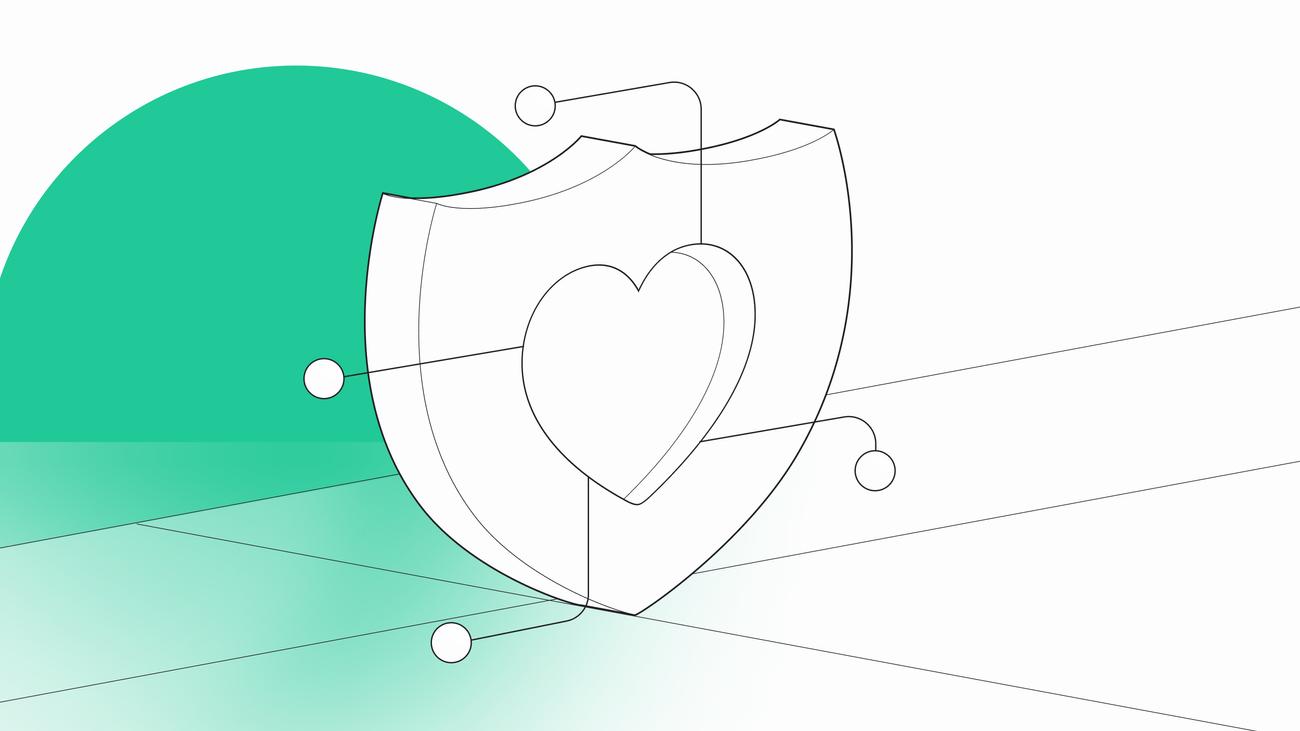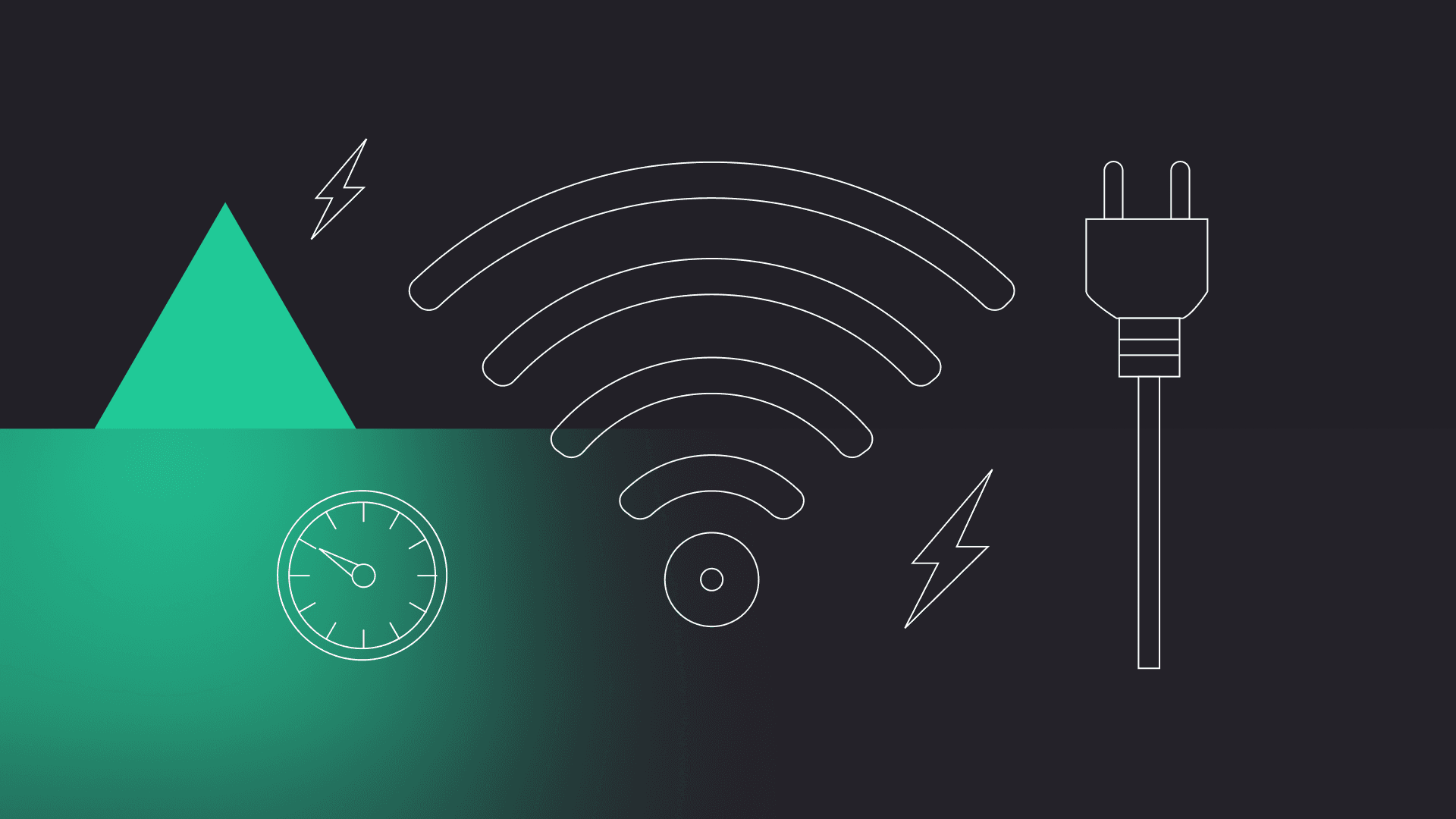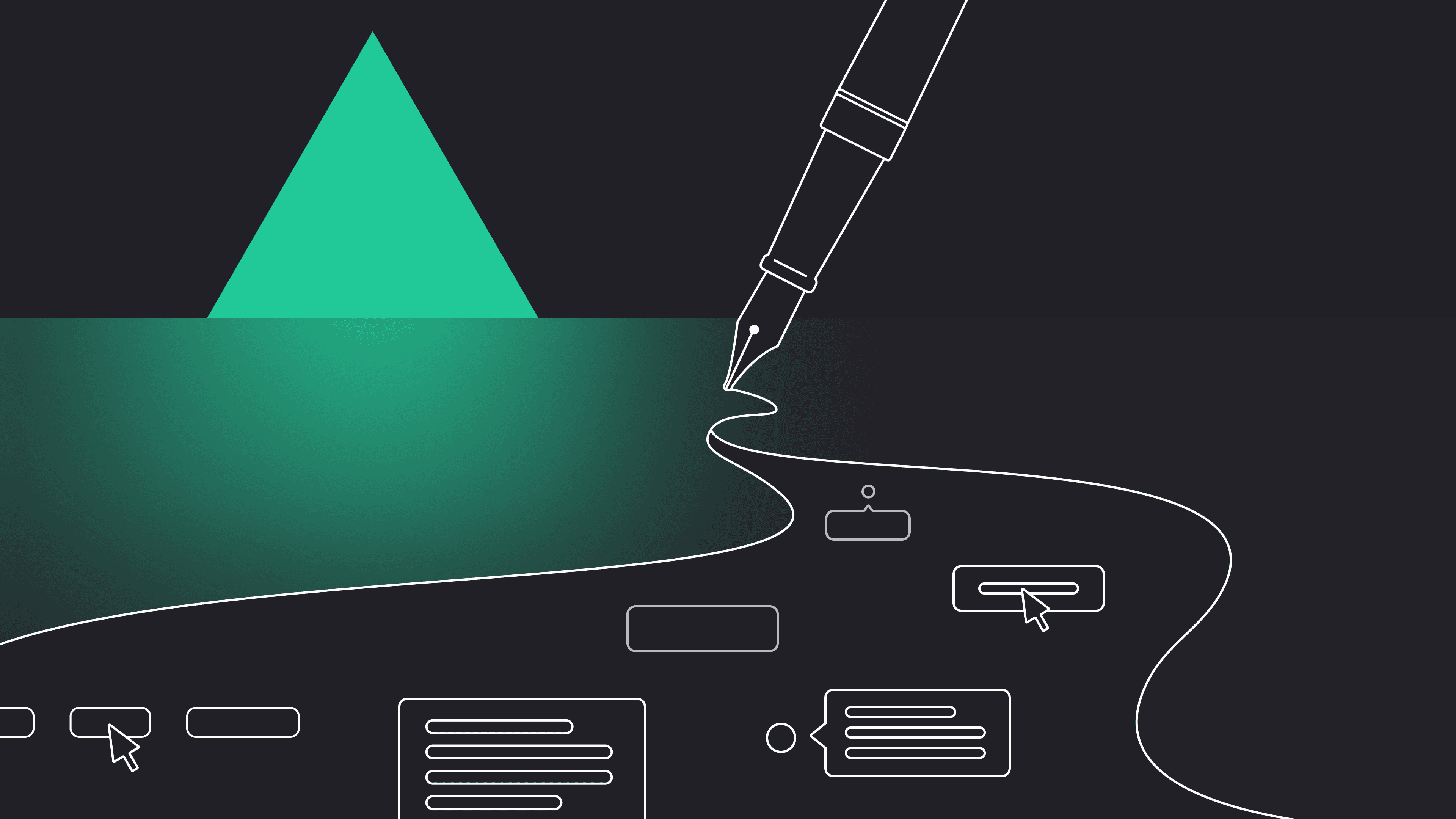


The importance of data security in the healthcare industry
As big data facilitated many areas in our lives, it also posed some serious problems. Especially in the healthcare industry – these electronic health records contain one of the most valuable knowledge available – sensitive patient information. This, in turn, makes them a tempting target to hackers.
With more and more cyber-attacks and data breaches in the healthcare sector, we may begin to wonder – is there any way of ensuring healthcare data security standards and privacy? How can we prevent any unauthorized access? And lastly, what can we, software vendors, do to protect patient data? In short, let’s talk about the importance of data security in healthcare industry, security standards (HIPAA and GDPR) as well as our experience in this matter.
Common threats in a healthcare organization
Why is privacy important in healthcare? When thinking about data vulnerability in healthcare, we can ask ourselves – how sensitive are personal medical records? And the answer is trivial – supersensitive. This sector is extremely vulnerable to malicious cyberattacks. There were many security breaches in healthcare systems over the years.
Cyber-attacks are of serious concern to the health and care sectors because such attacks can immediately threaten not just the cybersecurity of systems but the health and safety of patients. Healthcare providers are a potential target for cybersecurity attacks – that’s a fact. Hence, privacy security and confidentiality in the healthcare environment is crucial. We have to ensure that we safeguard the data both from the inside and outside.
How to keep patient data secure
One of the most controlled and, at the same time, attacked sector, is the healthcare industry. That’s why more and more regulations are initiated to control access to personal data and prevent any violations of patient confidentiality or other breaches.
But the process should also start from its core which is healthcare institutions. From communication between staff members to a standard for exchanging information between medical applications – it’s all in there.
To ensure that nothing will leak out, we introduce data security strategies and safety measures, such as data encryption or access control of patient records. These include changing the password frequently, using a virtual private network (VPN) or avoiding storing data on users’ devices. In this way, we ensure network security in healthcare industry.
“We always place great emphasis on selecting third party providers – all external services must also be HIPAA / GDPR compliant.”
Dominik Guzy, Chief Innovation Officer, Gorrion
Security standards
Introducing compliances such as HIPAA and GDPR have a beneficial impact on data safety, both for patients and healthcare providers. Thanks to them, only authorized personnel can view health information – no one else.
What are other benefits? Above all, it’s reducing the chance of data breaches. Moreover, these regulations show the organizations how sensitive data should be taken care of and facilitate efficient patient data management. They also ensure secure storage, transfer, and use of health information.
HIPAA
HIPAA is a federal law owing to which national standards were created to protect sensitive information from sharing it without the patient’s knowledge. These regulations allow individuals to control how their health information is used.
HIPAA Security Rule required covered entities to implement Administrative, Physical, and Technical Safeguards to ensure that the received information is stored, transmitted and received safely and securely. Practices should include encryption and decryption in backing up, restoring and transmitting electronic patient information. That’s the reason why, when developing projects, we have to comply with HIPAA regulations.
GDPR
In the European projects, we have GDPR – General Data Protection Regulation. These Articles are used to synchronize data privacy laws in the European Union.
We take into account data security and implement various security measures to restrict access and prevent data leakage. Hence, strong password hashing algorithms, for which we always suggest the highest possible entropy, taking care of the high quality and safety of the code. This includes, among others, internal security review.
Learn how to take care of software quality from our article – it covers the factors that impact the quality of code, insights about Quality Assurance and many more.
Our experience in the healthcare industry
Our cooperation with various clients lets us continually improve our process while still adapting it to their work. We also have experience in multiple industries and types of projects, thanks to which we continuously extend and update our knowledge.
Lastly, as the product’s protection is one of the primary goals at Gorrion, we always make sure that the digital product is well-secured. Let me tell you about one of our projects and the difficulties that we had to overcome.


Have a project in mind?
Let’s meet - book a free consultation and we’ll get back to you within 24 hrs.
The first case
In the hospital networks, there’s a great deal of vulnerability. That’s why many healthcare organizations implement more and more safety measures to prevent any leaking of information. One of such cases on which we had a chance to work on is that hospital computers can’t be connected to the internet. That’s one of their many security rules.
Our app used for quality assurance of medical imagining devices needed network access to function correctly. Thus, we had to add mechanisms that would make the app work offline. And we did it. The app can run without the internet, and what’s best about it is that it doesn’t affect its usefulness. It synchronizes later on once there’s a connection with the internet.
When the app is installed or set up, it needs to access the internet to download the data properly (and this process can be performed outside of the hospital network). Other than that, it can work on its own. It doesn’t need the internet. Thus, keeping the internal hospital network secure.
The second case
Another one is within the same project and has to do with the lack of internet connection in hospital computers. This time, we had to solve the problem of sending the test image immediately to the server to be analyzed. But how to send it without the internet?
Although the computers don’t have access, they’re all connected to one proxy server. It acts as a gateway between hospital computers and the internet. Thanks to this, they can send pictures to this computer, which sends the images to our server. It ensures that the image will be immediately sent and analyzed. So, everything runs automatically and smoothly while still preserving data privacy and security.
Final thoughts
Data security in healthcare is a vast and challenging topic. In this article, we only scratched the surface of the matter. However, I hope that we clarified some of the primary issues and showed the importance of digital products’ security. Especially in the healthcare sector, we should always comply with the requirements and restrictions imposed on us.
Have an idea for a product, and maybe you need help with your startup? Don’t worry. We got your back. If you want to discuss your vision, book a meeting with Leo or send us a message. We’ll be happy to talk to you.
Editor’s note: We’ve originally published this post in January 2021 and updated it for comprehensiveness.


Have a project in mind?
Let’s meet - book a free consultation and we’ll get back to you within 24 hrs.
Ela writes about the fundamentals of great development, project management approaches, ways to develop a proof of concept or an MVP, UX, our company culture, and many other things happening in Gorrion.


